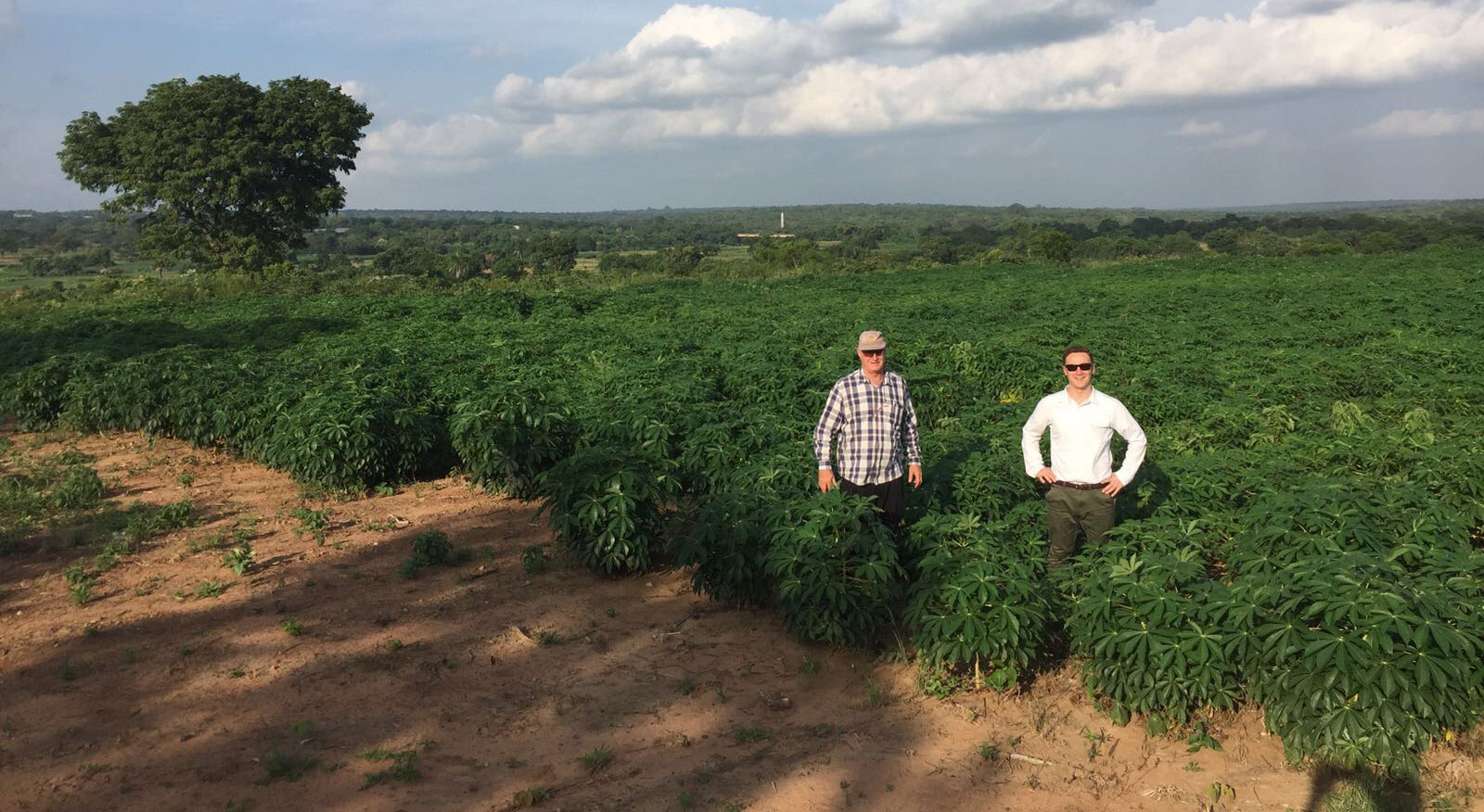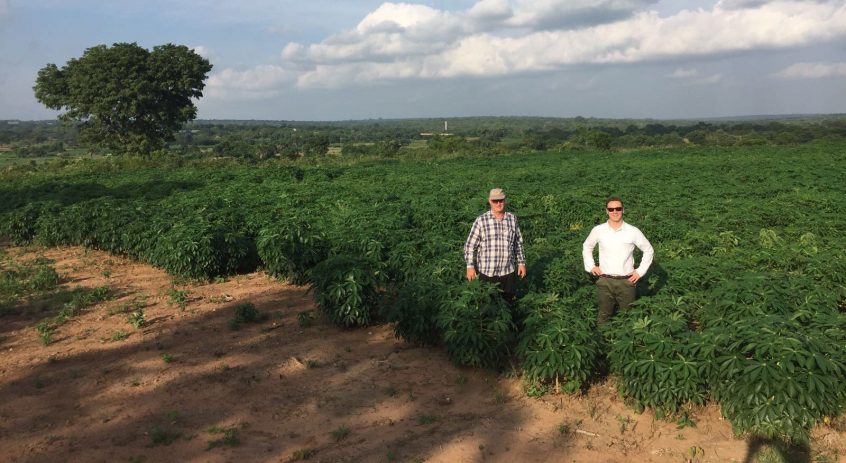Key issues in Nigeria’s cassava seed system

- Cassava productivity is lowered by sub-optimal seed systems that limit farmers’ access to and adoption of both high performing varieties and higher quality planting material.
- Improved varietal access and adoption is slow because there are almost no seed enterprises producing and selling high-quality stems of improved varieties. Inadequate business and technical skills of cassava seed producers (village seed entrepreneurs) so that they can produce, market, and sell cassava stems profitably.
- Lack of farmers’ awareness of the value of paying for and using high-quality cassava stems that increase their productivity and profitability.
- Donor and government initiatives sometimes spring up to subsidize both the production and distribution of cassava planting materials. Typically, stems are provided for free through these campaigns and out-growers are contracted to produce stems that are sold back to projects. These campaigns have altruistic aims such as to promote food security though offering improved varieties which may be more tolerant or in some cases resistant to specific cassava viruses, or to address nutritional deficiencies through biofortified materials. Other projects seek simply to provide farmers with access to healthy planting material in areas where there are none due to severe outbreaks of virus diseases. Yet these efforts do not encourage sustainable, down-stream seed businesses, and may even harm their emergence. Such an approach may also promote a “project dependency” syndrome, in which investments in cassava seed systems are driven by single projects with specific short-term interests addressed wholly within the project’s life cycle.
- Maintaining sustained demand for commercial, high-quality seed is a key challenge related to the culture of past informal exchange of stems and unstable markets for storage roots. Developing sustained root markets for high-quality cassava flour, starch, and vitamin A cassava will also sustain demand for industry-preferred varieties that are managed for high yields.
- Lack of demonstrated value proposition of clean seed in comparison to the farmer saved seed in different contexts hampers the establishment of a clearly visible business case for commercial cassava seed enterprises in Nigeria.
- Even though many cassava growers are women and many of the users of cassava roots are female headed processing enterprises, assumptions are made without a proper gender analysis to identify gender differentiated activities, roles, responsibilities, participation in decision making, power dynamics, cultural issues, etc. towards appropriate development of the cassava value chain.


